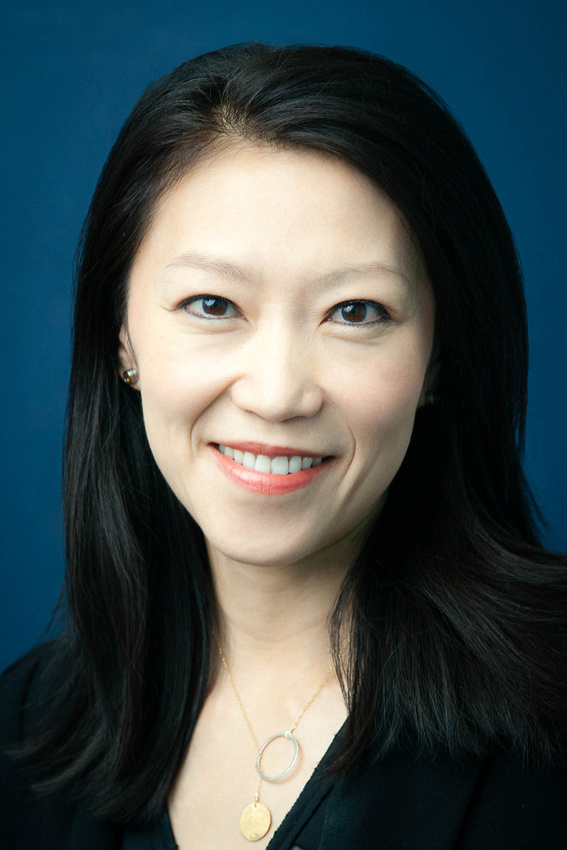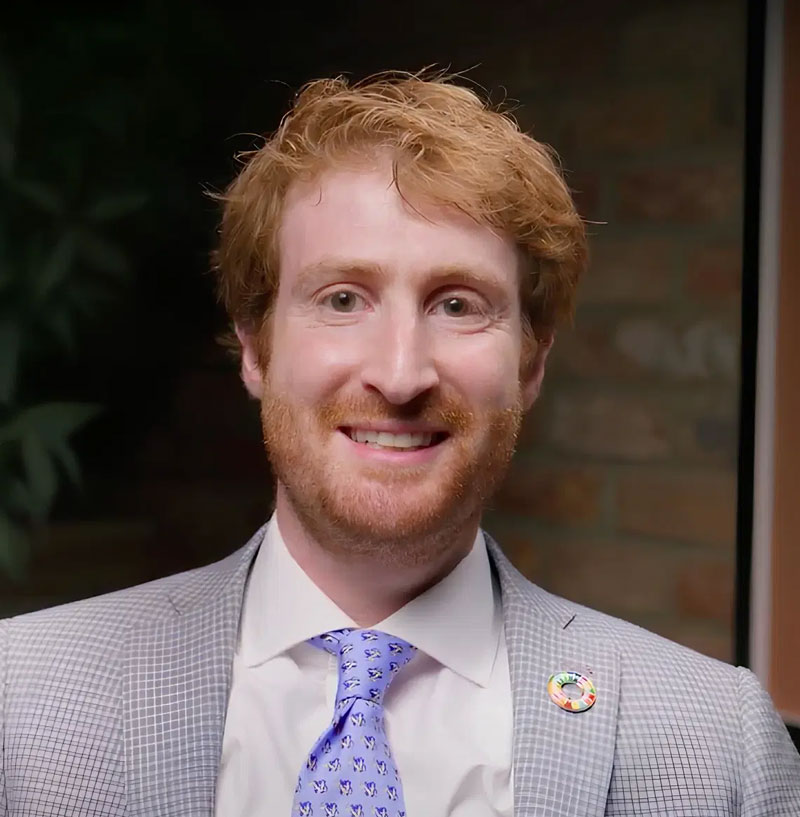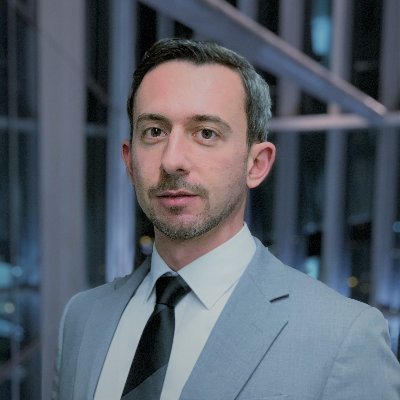Times
8:00 a.m. PST San Francisco
11:00 a.m. EST New York
4:00 p.m. GMT London
5:00 p.m. CET Central Europe
Climate change is driving transformation across capital markets, requiring participants to consider severe weather events, the energy transition, policy shifts, and other climate-related risks and opportunities while pushing against the limits of what’s knowable.
A recent survey by the MSCI Sustainability Institute found that 57% of capital-markets participants believe climate-related physical risks are more severe and arriving faster than current scenarios suggest. What do you think?
Join us for an exclusive webinar co-hosted by the MSCI Sustainability Institute and MSCI’s Climate Risk Center on January 29, 2025, where we will:
- Explore what market participants currently expect to be our climate future, backed by insights from 350+ global investment and risk professionals.
- Compare the market view with widely used climate scenarios in the financial industry.
- Discuss practical steps to make sense of different climate scenarios and start using them in investment analysis.
We are delighted to share that Claudio Baccianti, an economist with the Deutsche Bundesbank, will join the conversation to offer insight into the development of the latest scenarios from the Network for Greening the Financial System. Additionally, David Carlin, former head of risk at the UN Environment Programme’s Finance Initiative and founder of advisory firm D.A Carlin, will share his perspectives on what all this mean for financial practitioners—and the steps we can take to help shape our climate future.
These topics are the focus of two recent reports by our Institute.
What the Market Thinks: A Climate Risk Survey. The world’s investors agree that the risks of severe weather events will escalate and that global action to date is insufficient to stave off the costliest warming, according to our survey of more than 350 finance, policy, and academic experts to develop a market-aligned climate scenario. Find the report here.
A companion guide that we co-authored with the UN Environment Programme Finance Initiative aims to help finance practitioners use climate scenarios, which are a critical tool for quantifying the impact of a warming world on investments. Download the guide here.
Speakers

Linda-Eling Lee
Founding Director and Head of the MSCI Sustainabililty Institute
Linda-Eling Lee is the Institute’s founding director and a leader in the field of sustainable finance.
She most recently led global ESG and climate research at MSCI, where she built one of the world’s top teams of analysts dedicated to understanding long-term drivers of sustainable value. Linda has authored multiple research papers on sustainable investing and twice been named by Barron’s to its annual list of the Top 100 Women in Finance. She serves as a director of US SIF: Sustainable Investment Forum and is a Fellow of the Finance Leaders Fellowship of the Aspen Global Leadership Network.
Linda joined MSCI in 2010 following the acquisition of RiskMetrics, where she led ESG ratings research and headed consumer sector analysis. She received her doctorate in organizational behavior from Harvard University, holds a master’s from the University of Oxford, and has a bachelor’s in East Asian Studies from Harvard College.

Russ Bowdrey
Executive Director, MSCI Climate Risk Center
Russ Bowdrey is an Executive Director at MSCI’s Climate Risk Centre, where he spearheads the development climate scenario engines.
His work is essentially quantitative storytelling, integrating macroeconomic data, energy and technology trends and financial asset performance to create decision-useful tools for investors navigating climate-related risks. Collaborating across MSCI’s research, engineering, and client teams, Russ ensures innovative solutions that bridge the gap between complex models and actionable insights.
With over 17 years of experience spanning investment strategy, climate risk, and actuarial consulting, Russ has spent half of his carerer focused on climate risk integration in financial decision-making. At Ortec Finance, he led a client service team that supported over \$4.5 trillion in assets under management. At Aviva, he pioneered climate risk modeling and TCFD-aligned reporting, helping shape sustainable investment practices.
Russ holds an MSc in Aerospace Engineering from Cranfield University and is a Fellow of the Institute of Actuaries (FIA). Outside of work, he enjoys painting, fly fishing, and exploring decision-making under uncertainty through poker and behavioral economics. His passion lies in leveraging finance to drive global progress on climate challenges.

James Edwards
Executive Director, MSCI Climate Risk Center
James is an Executive Director of Research and Product Development at MSCI, where he leads the MSCI New York Climate Risk Center.
In this role, James builds solutions to help financial institutions manage their climate-related investment risks, with a focus on fixed income and credit risk. Prior to MSCI, he worked at Moody’s Analytics, developing corporate, sovereign, and real estate credit models for both general and climate applications. James holds a Ph.D. in Economics from the University of Chicago.

David Carlin
Founder, D. A. Carlin and Company
David Carlin is the founder of D. A. Carlin and Company, an advisor to governments, corporates and financial institutions on climate and sustainability.
David was previously head of risk for the UN Environment Programme’s Finance Initiative (UNEP FI), where he led the creation of UNEP FI’s Risk Center. He is an authority on climate change and its implications for the financial system, and a leader in providing practical tools to help financial actors address climate-related risk. He has been an advisor to UNEP FI’s TNFD pilot program on nature and biodiversity risks, the Net-Zero Banking Alliance, and the Glasgow Financial Alliance for Net Zero.

Dr. Claudio Baccianti
Economist, Sustainability Hub at Deutsche Bundesbank
Claudio Baccianti is an Economist at the Sustainability Hub of the Deutsche Bundesbank. He has worked on climate risks and the macroeconomic impacts of climate policy for over 13 years across various sectors, including the finance industry and think tanks. Claudio holds a PhD in Economics from Tilburg University and a MSc in Economics and Econometrics from the University of Essex.